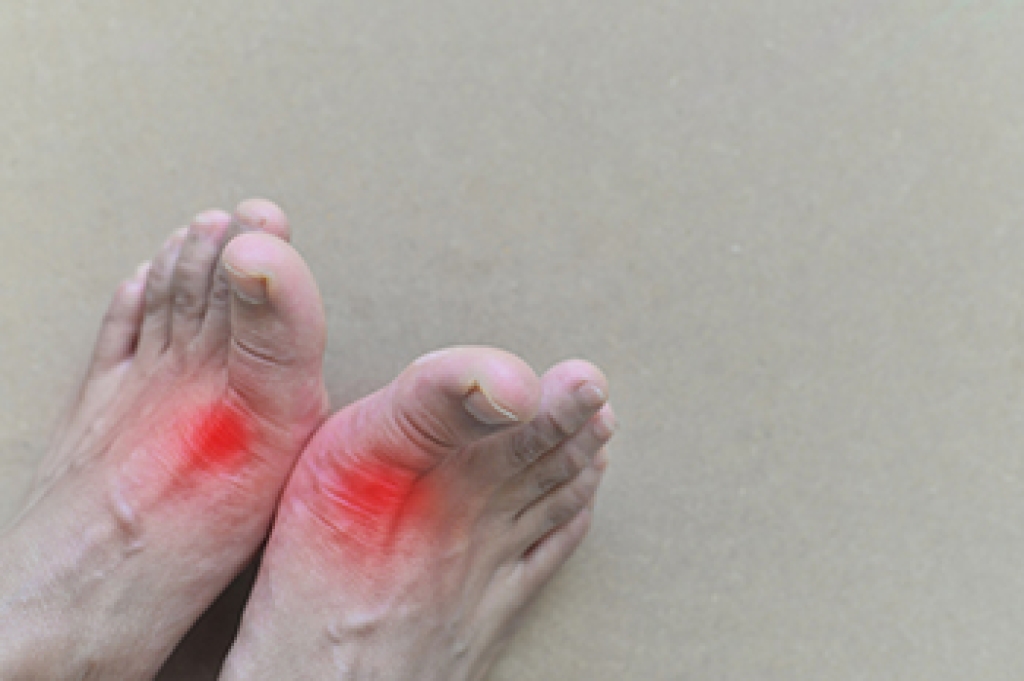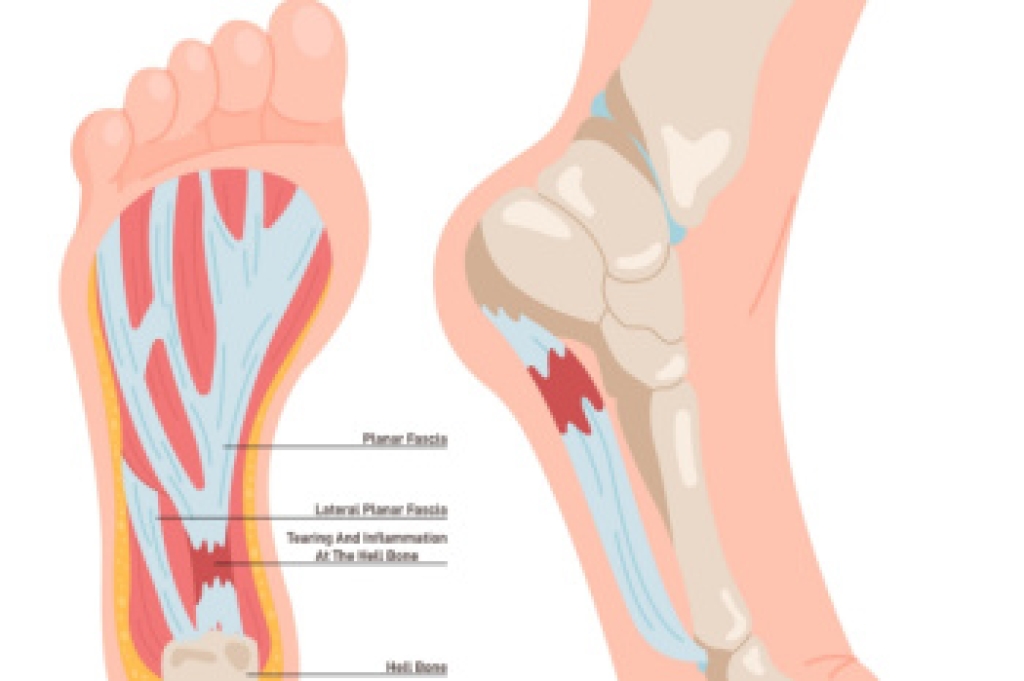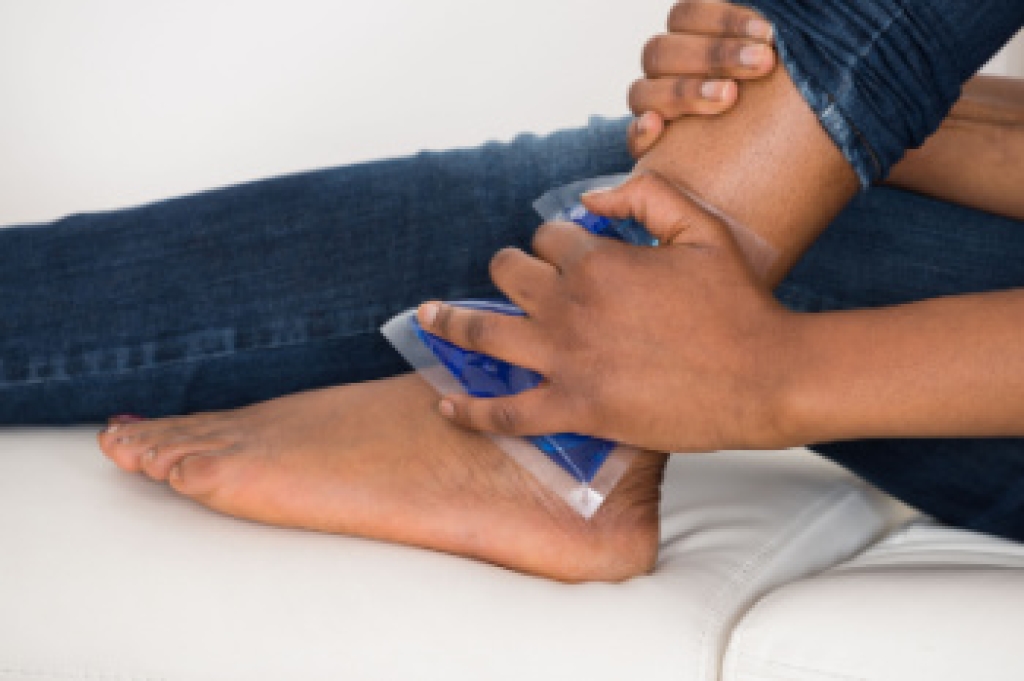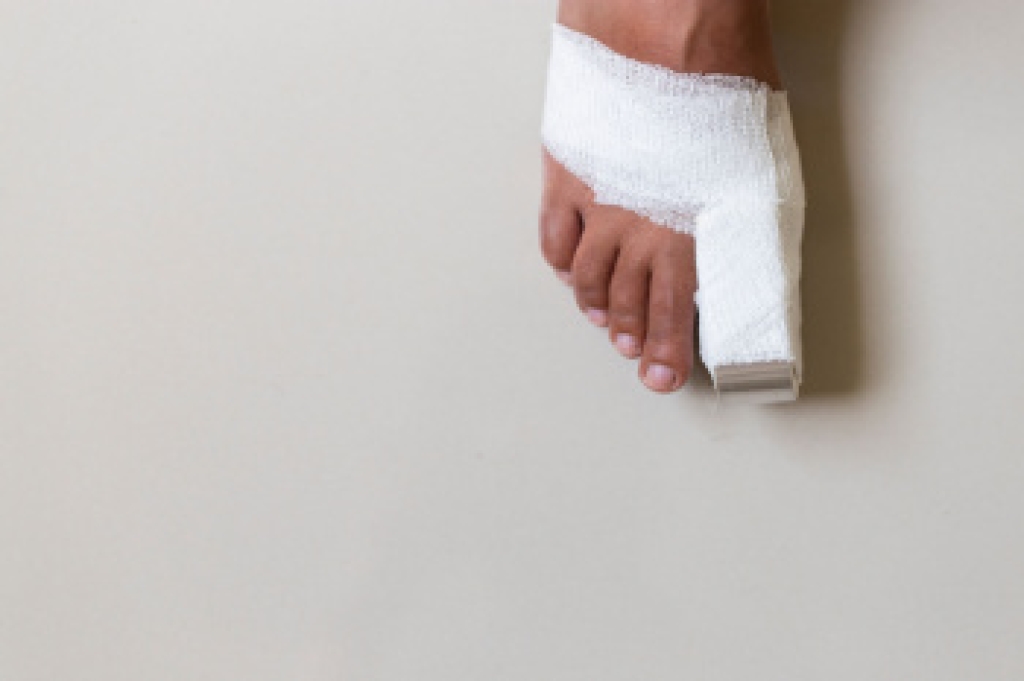
Gout is a painful inflammatory condition that often strikes the big toe and can appear suddenly with intense redness, swelling, and warmth that makes even light contact uncomfortable. The attacks may feel like burning pressure or sharp throbbing, and the joint may look shiny or purple as uric acid crystals irritate the tissue. Gout is commonly caused by elevated uric acid levels linked to genetics, diet, certain medications, or underlying medical conditions. A podiatrist can assist from the very beginning by performing a careful examination, ordering appropriate tests, and distinguishing gout from other foot disorders. Early diagnosis allows timely treatments that may include medication to reduce inflammation, guidance on footwear, custom orthotics to ease joint stress, in addition to long-term strategies to prevent future flare ups through lifestyle adjustments. Because prompt care can significantly reduce pain and protect joint health, it is suggested that you schedule an appointment with a podiatrist who can help you to manage this painful condition,
Gout is a painful condition that can be treated. If you are seeking treatment, contact Howard Abramsohn, DPM from Ambulatory Foot and Ankle Associates, LLC. Our doctor will treat your foot and ankle needs.
What Is Gout?
Gout is a form of arthritis that is characterized by sudden, severe attacks of pain, redness, and tenderness in the joints. The condition usually affects the joint at the base of the big toe. A gout attack can occur at any random time, such as the middle of the night while you are asleep.
Symptoms
- Intense Joint Pain - Usually around the large joint of your big toe, and it most severe within the first four to twelve hours
- Lingering Discomfort - Joint discomfort may last from a few days to a few weeks
- Inflammation and Redness -Affected joints may become swollen, tender, warm and red
- Limited Range of Motion - May experience a decrease in joint mobility
Risk Factors
- Genetics - If family members have gout, you’re more likely to have it
- Medications - Diuretic medications can raise uric acid levels
- Gender/Age - Gout is more common in men until the age of 60. It is believed that estrogen protects women until that point
- Diet - Eating red meat and shellfish increases your risk
- Alcohol - Having more than two alcoholic drinks per day increases your risk
- Obesity - Obese people are at a higher risk for gout
Prior to visiting your podiatrist to receive treatment for gout, there are a few things you should do beforehand. If you have gout you should write down your symptoms--including when they started and how often you experience them, important medical information you may have, and any questions you may have. Writing down these three things will help your podiatrist in assessing your specific situation so that he or she may provide the best route of treatment for you.
If you have any questions, please feel free to contact our office located in Mt Laurel Township, NJ . We offer the newest diagnostic and treatment technologies for all your foot care needs.




